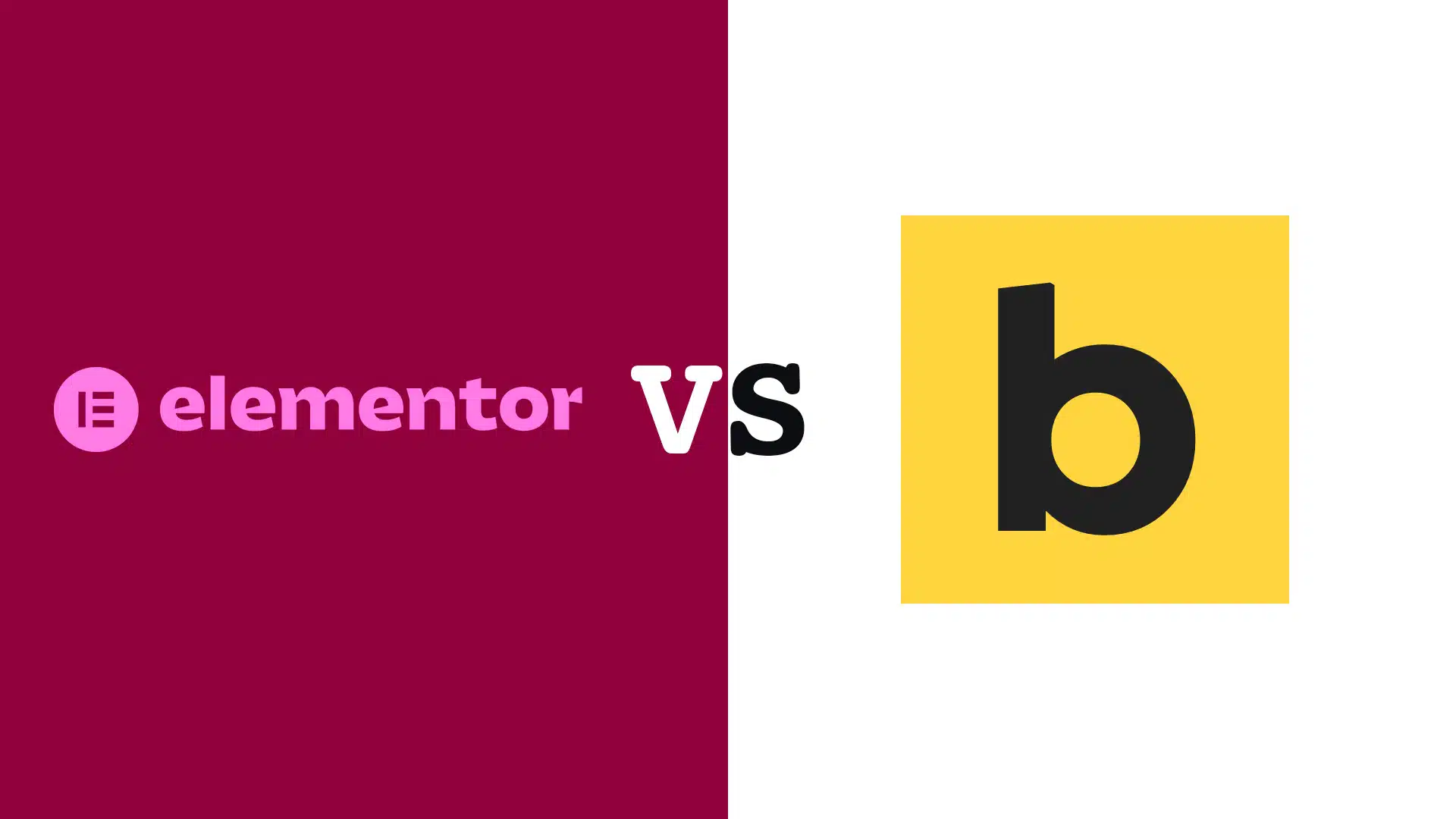In 2024, WordPress continues to be a powerhouse for website creation, powering a significant portion of the internet. With its popularity, however, comes the increased risk of security threats. This comprehensive guide is designed to navigate you through the best practices and tools for WordPress security in 2024, ensuring your website remains safe and secure.
Table of Contents
Understanding the Importance of WordPress Security
WordPress’s open-source nature, while being one of its greatest strengths, also makes it a target for hackers. Security breaches can lead to data loss, unauthorized access, and even a damaged reputation. Therefore, securing a WordPress site is not just an option but a necessity.
Common WordPress Security Threats
- Brute Force Attacks: Attempting to enter a site by guessing usernames and passwords.
- SQL Injection: Exploiting vulnerabilities to access or corrupt database information.
- Cross-Site Scripting (XSS): Injecting malicious scripts into webpages viewed by others.
- DDoS Attacks: Overwhelming a site with traffic to cause a crash.
Best Practices for WordPress Security
Regular Updates
- Core, Theme, and Plugin Updates: Regularly updating these components is crucial as updates often contain security patches.
Strong Passwords and User Permissions
- Complex Passwords: Use strong, unique passwords for the WordPress admin area, FTP accounts, and databases.
- User Role Management: Assign roles carefully, limiting the number of users with administrative access.
Website Backups
- Regular Backups: Ensure regular backups of your website. Tools like UpdraftPlus or VaultPress can automate this process.
Security Plugins
1. iThemes Security (Formerly Better WP Security)
iThemes Security, one of the most comprehensive WordPress security plugins, offers a range of features to protect your website.
Key Features:
- Brute Force Protection: Limits login attempts and bans IP addresses that attempt to brute-force passwords.
- File Change Detection: Alerts you when files in your WordPress environment are modified, potentially indicating a hack.
- Two-Factor Authentication: Adds an extra layer of security for logging into your site.
- WordPress Salts & Security Keys: The plugin changes these regularly to maintain the security of your site.
2. Wordfence Security
Wordfence is renowned for its endpoint firewall and malware scanner, built from the ground up to protect WordPress.
Key Features:
- Endpoint Firewall: This Web Application Firewall (WAF) identifies and blocks malicious traffic.
- Malware Scanner: Scans core files, themes, and plugins for malware, bad URLs, backdoors, SEO spam, and malicious redirects.
- Live Traffic View: Monitors visits and hack attempts in real-time, including the origin of the traffic and the targeted URL.
3. Sucuri Security
Sucuri Security is known for its effectiveness in dealing with website hacks and preventing future attacks.
Key Features:
- Website Firewall: Protects your site from software vulnerabilities and brute force attacks.
- Security Activity Auditing: Keeps a log of all security-related activities within your WordPress site.
- Malware Scanning: Regularly scans your website for malware and other potential threats.
- Post-Hack Security Actions: Helps you take the necessary steps to recover after a security breach.
4. All In One WP Security & Firewall
A user-friendly, all-encompassing security plugin, All In One WP Security & Firewall is great for beginners and advanced users alike.
Key Features:
- User Account Security: Protects against brute force login attempts and monitors user account activity.
- Firewall Functionality: Includes a range of firewall rules to protect your site, with easy-to-configure settings.
- File System Security: Monitors your WordPress file system for unauthorized changes.
- Blacklist Functionality: Allows you to block specific IP addresses and user agents.
5. Jetpack Security
Jetpack, developed by Automattic, offers not just security features but also performance and site management tools.
Key Features:
- Downtime Monitoring: Notifies you if your site goes down.
- Brute Force Attack Protection: Protects your site from unlimited login attempts.
- Spam Protection: Filters spam from comments and forms.
- Automated Backups: Regular, automated backups of your entire site with easy restoration options.
Implementing Advanced Security Measures
SSL Certificate
- HTTPS: An SSL Certificate encrypts data transferred between your site and its visitors, essential for e-commerce sites.
Web Application Firewall (WAF)
- Cloudflare or Sucuri: These act as gatekeepers, filtering out malicious traffic and DDoS attacks.
Regular Security Scans
- Malware Scanning: Regularly scan your site for malware and vulnerabilities. Many security plugins offer this feature.
Conclusion: Balancing Security with Usability
In 2024, balancing robust security measures while maintaining the usability and performance of your WordPress site is key. Implementing the above practices and tools will significantly reduce the risk of security breaches. Remember, security is not a one-time setup but an ongoing process. Stay updated with the latest security trends and updates to keep your WordPress site secure.






